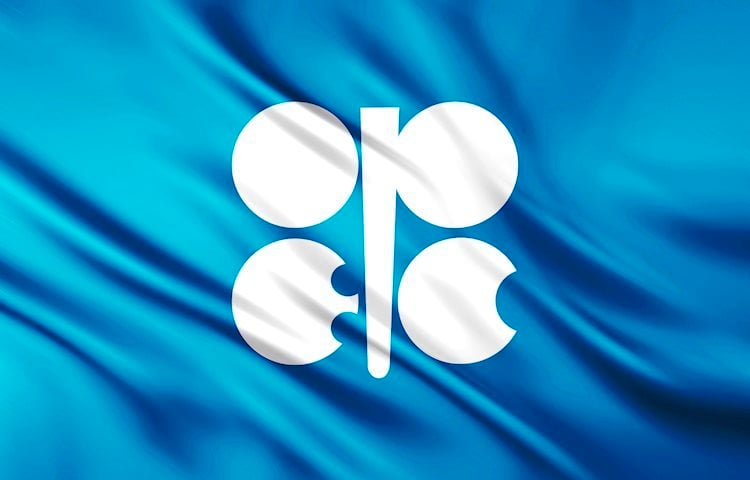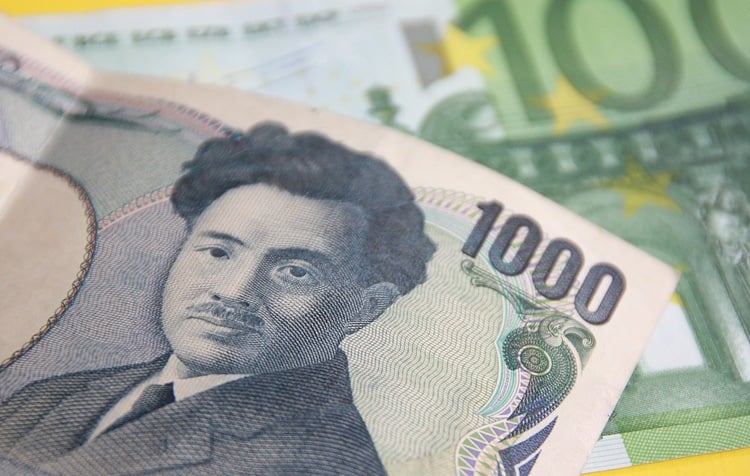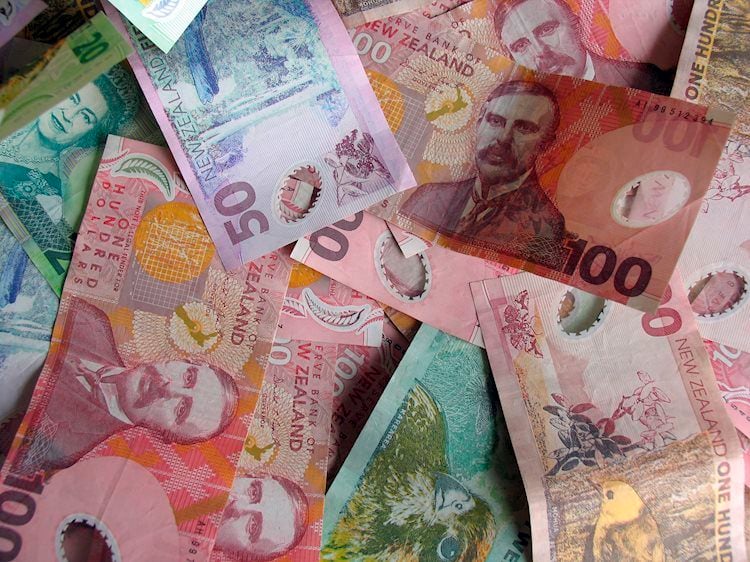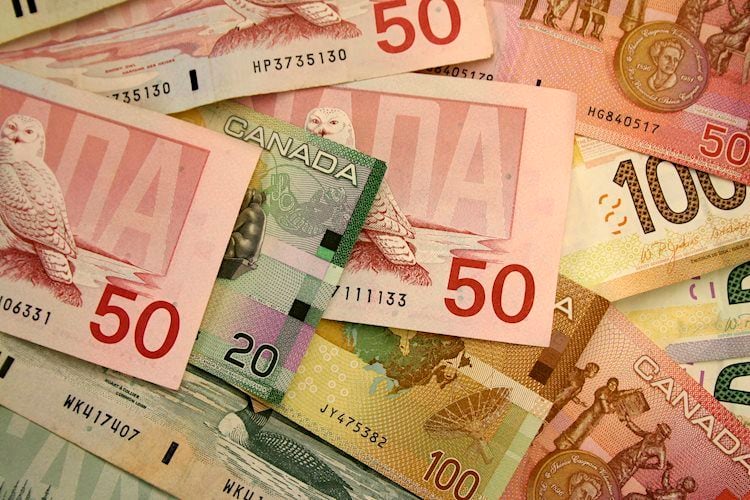The impasse between the UAE and the rest of OPEC+ has continued, with the meeting scheduled for Monday being canceled. According to economists at ING, this suggests that OPEC+ output would remain steady in August, which would be bullish for prices in the short term. However, if talks break down, the broader agreement is jeopardized, as is the potential for supply to rise in the long run.” The scheduled meeting on Monday was canceled because neither party was willing to compromise, and it is unclear when the next meeting will take place. As things stand, OPEC+ output levels will theoretically remain unchanged in August. In actuality, however, it is difficult to assume that some members will stay to the agreement in the face of the fallout.”
“Over the course of 2H21, the market needs to witness an increase in supply. Even if the group eventually agrees on a monthly supply increase of 400Mbbls/d from August until the end of the year, the market will still be draining down stocks, and prices should remain quite well supported.”
“If a swift resolution is not reached, the fallout inside OPEC+ will raise uncertainty in the months ahead, implying higher price volatility.”
“We now estimate ICE Brent to average $75/bbl in 3Q21, although given the current state of uncertainty, there is a chance of larger jumps. Brent will average $70/bbl in 4Q21, according to our forecast. This is presuming that OPEC+ will reach an agreement at some point.”
“If the committee fails to find a solution to the deadlock, we could see much lower prices. The longer it goes on, the more likely it is that compliance will deteriorate and the deal will break apart. Given the high level of uncertainty surrounding the demand outlook, this is a scenario that OPEC+ would prefer to avoid.”/n





